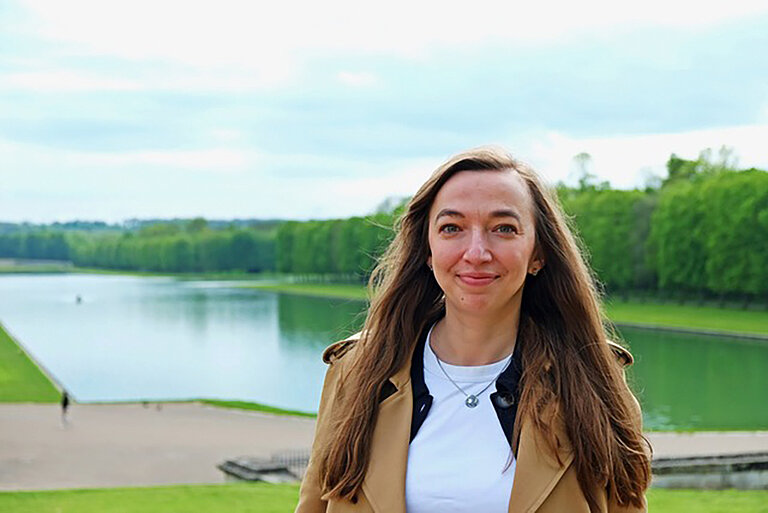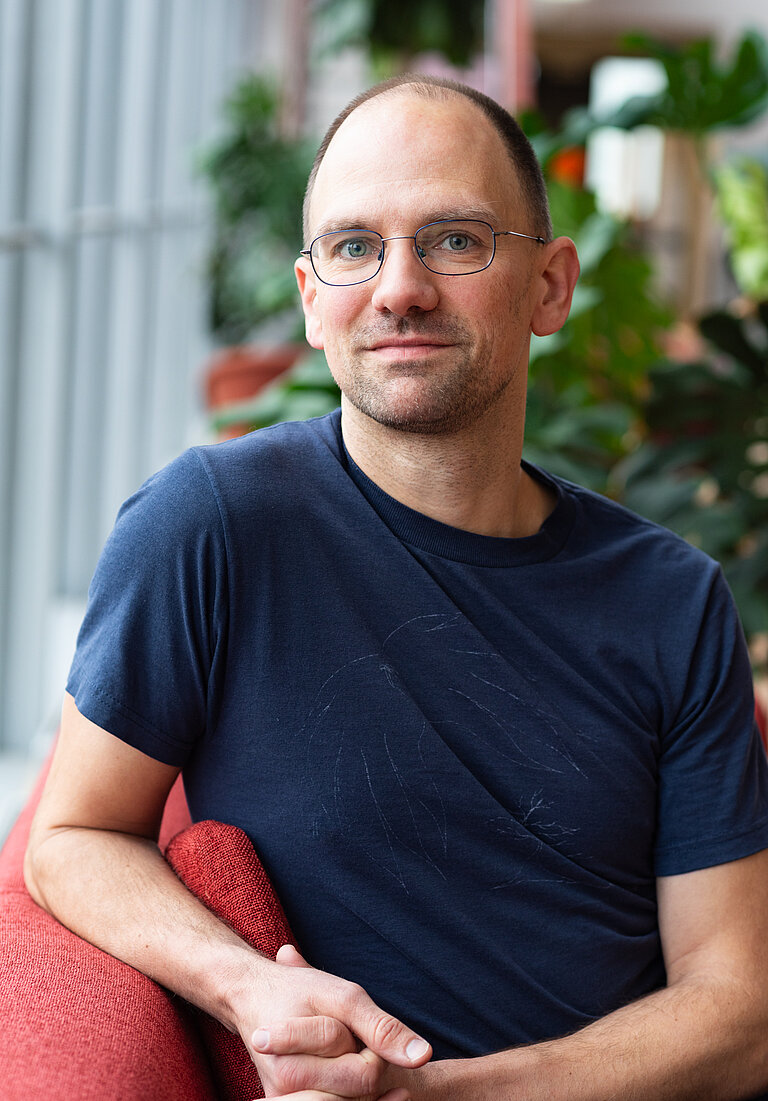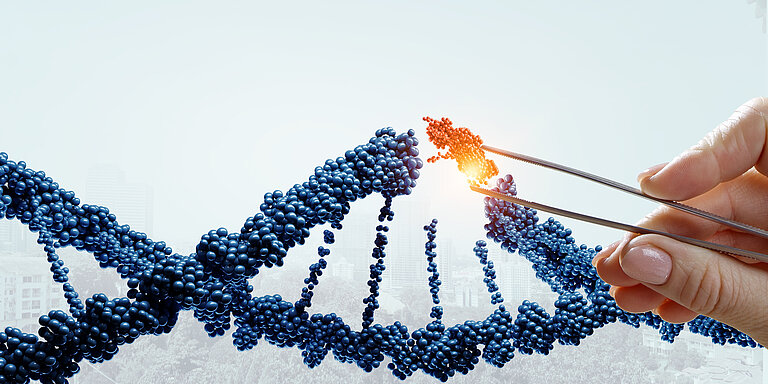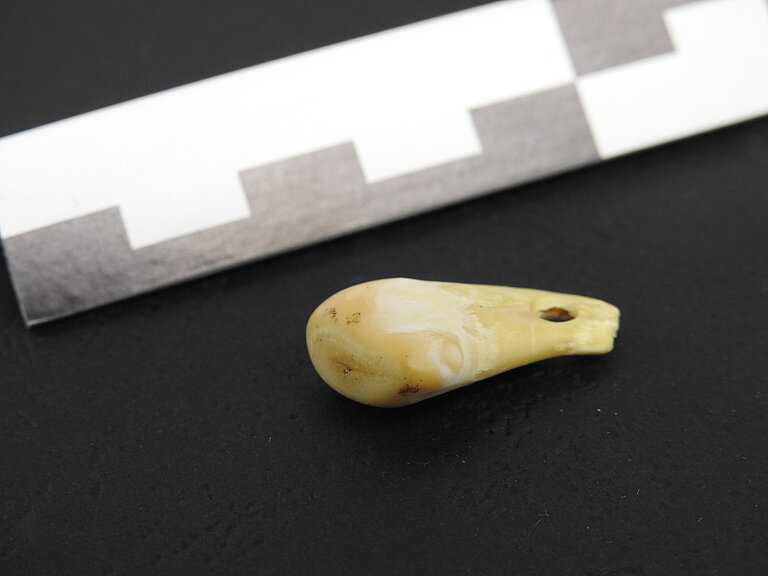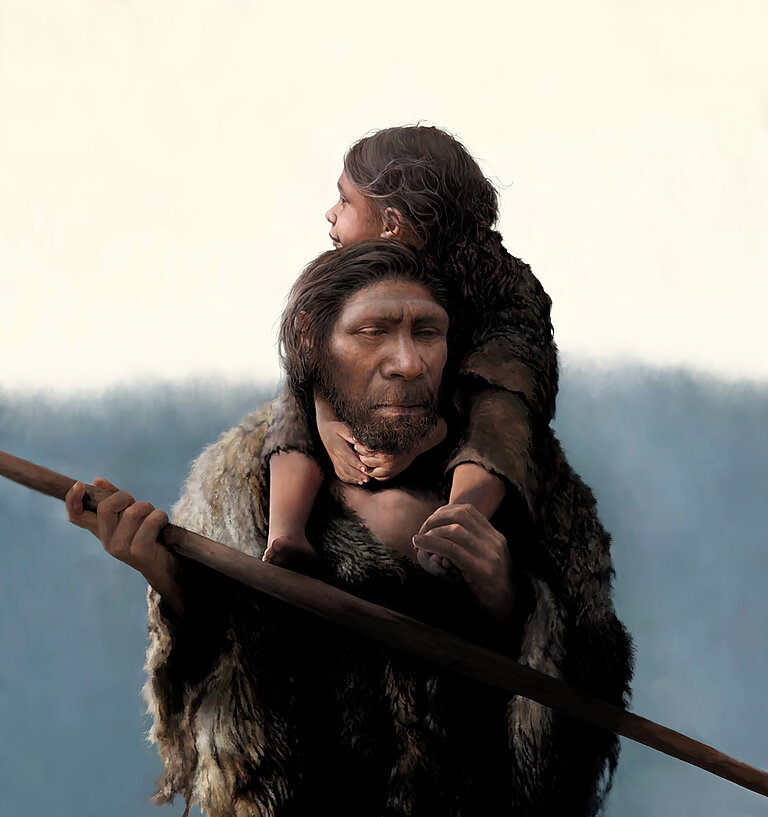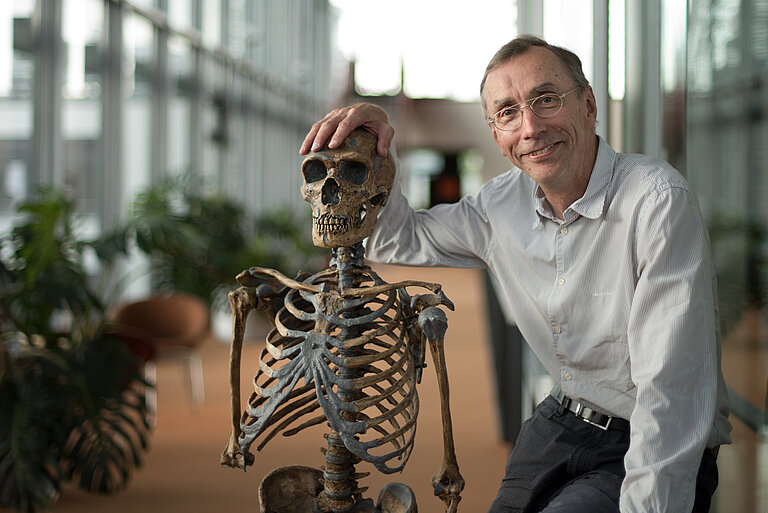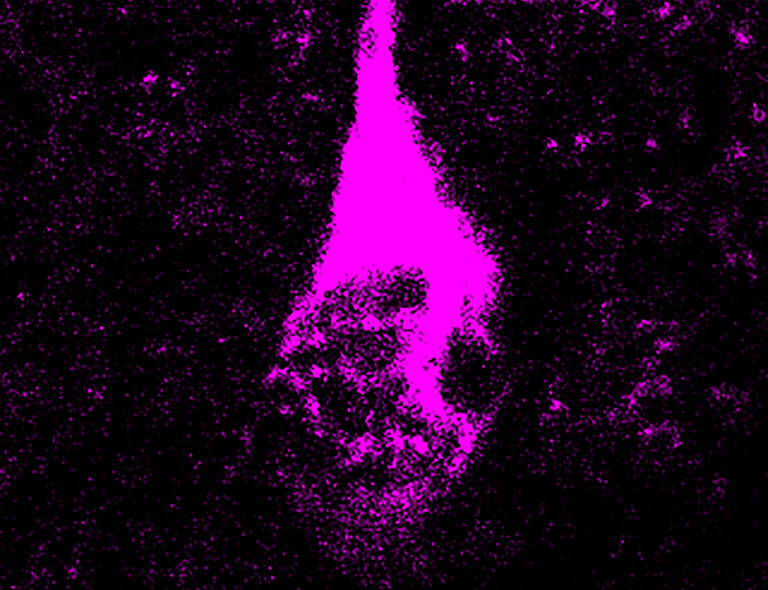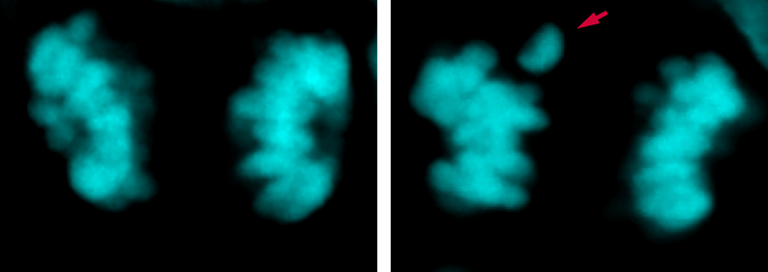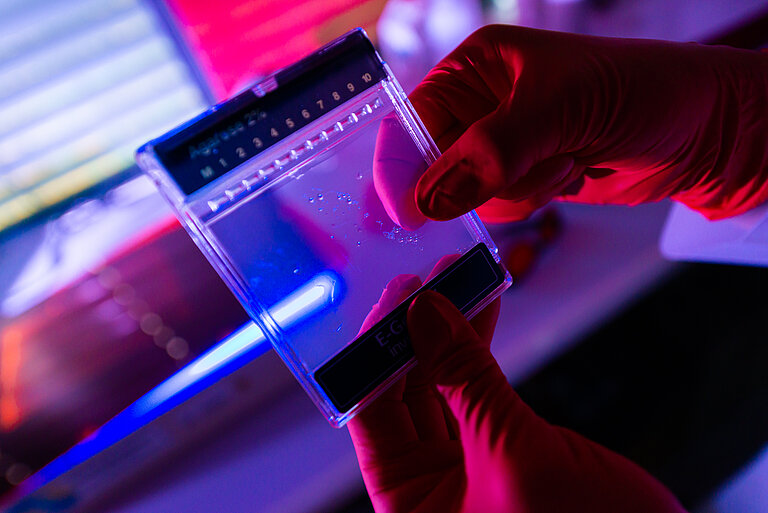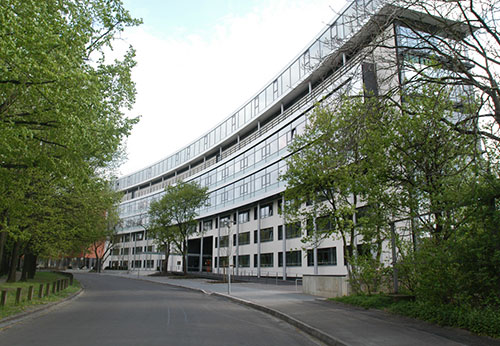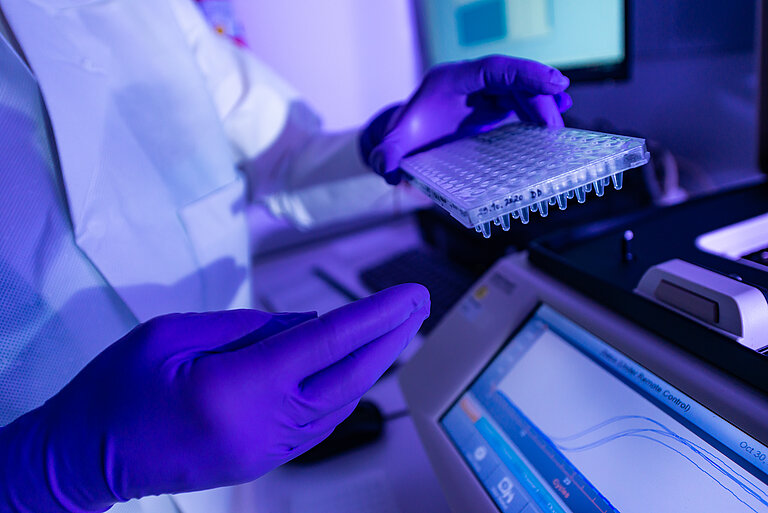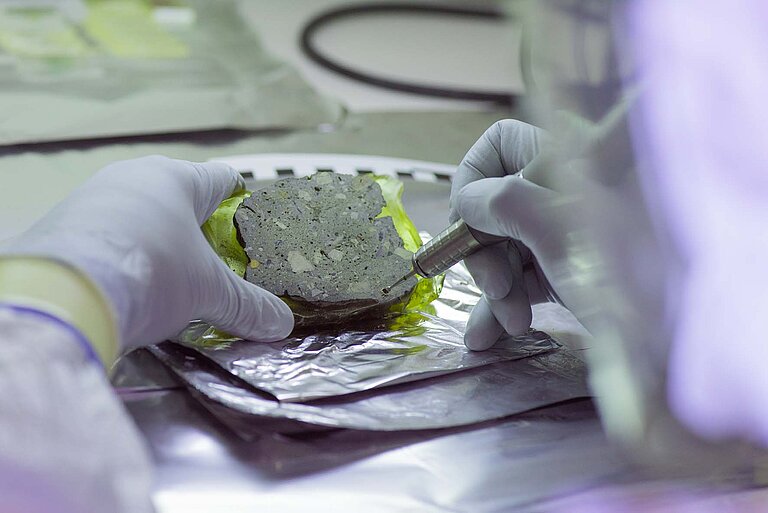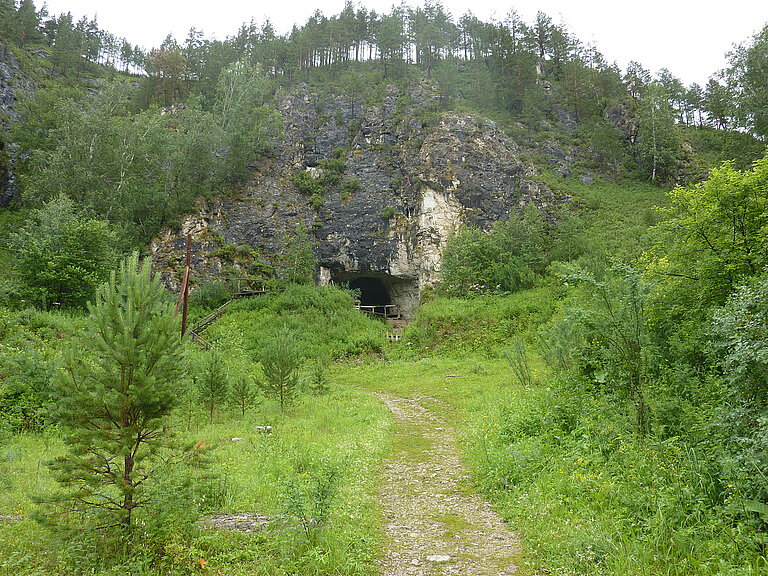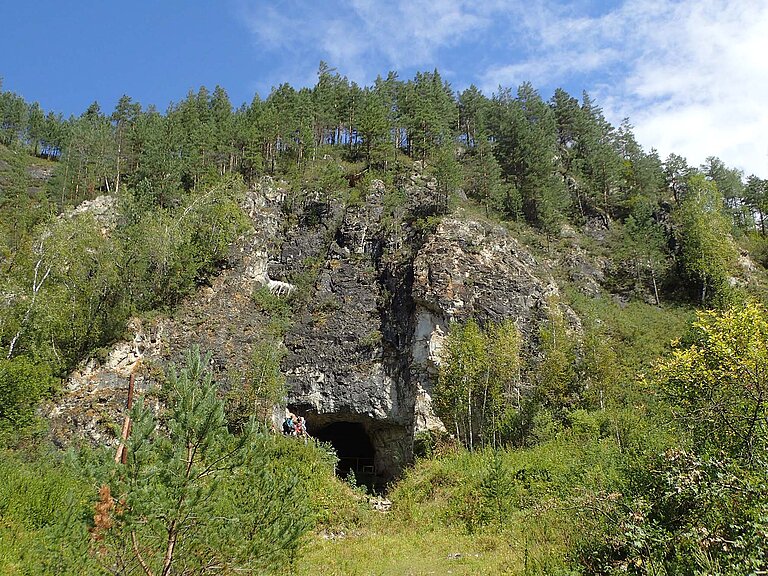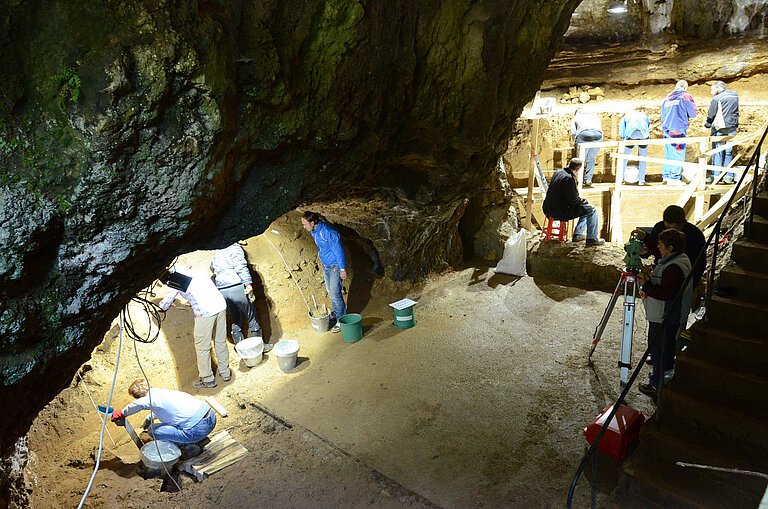- Startseite
- Institut
- Forschung
-
Archäogenetik
- Forschungsprogramm
-
Mitarbeiter:innen
- Francesco Fontani
- Alissa Mittnik
- Angela Mötsch
- Christina Warinner
- Guido Alberto Gnecchi Ruscone
- Harald Ringbauer
- Irene Högner
- Irina Marie Velsko
- James Fellows Yates
- Janine Fries-Knoblach
- Johannes Krause
- Kay Prüfer
- Laura Lacher
- Raphaela Stahl
- Selina Carlhoff
- Stephan Schiffels
- Suzanne Freilich
- Thiseas Christos Lamnidis
- Wolfgang Haak
- Zuzana Hofmanová
-
Forschungsgruppen
- Pathogenom-Bioinformatik (Alexander Herbig)
- Evolutionary Genomics (Kay Prüfer)
- Genetic History (Zuzana Hofmanová)
- Haplo Gruppe (Harald Ringbauer)
- MHAAM (Philipp Stockhammer)
- Mikrobiom-Forschung (Christina Warinner)
- Molekulare Anthropologie (Wolfgang Haak)
- Molekulare Paläopathologie (Kirsten Bos)
- Populationsgenetik (Stephan Schiffels)
- Projekte
- Ethics
- Aktuelles
- Stellenangebote
- Publikationen
-
Vergleichende Kulturpsychologie
- Startseite
- Forschungsbereiche
- Forschungsgruppen
- Studien mit Kindern und Erwachsenen
- Studien mit nicht-menschlichen Primaten
-
Mitarbeiter:innen
- Alex Sánchez-Amaro
- Alina Linke
- Anja Reimann
- Carin Molenaar
- Daniel Hanus
- Daniel Haun
- Dustin Eirdosh
- Elisa Felsche
- Frank Scheibe
- Frankie Fong
- Gregor Kachel
- Hanna Petschauer
- Isabella Eber
- Jana Jurkat
- Johanna Eckert
- Josefine Kalbitz
- Julia Prein
- Junyu Li
- Karri Neldner
- Katharina Haberl
- Kathrin Kopp
- Kirsten Sutherland
- Ljubica Petrovic
- Luke Maurits
- Maleen Thiele
- Manuel Bohn
- Marie Padberg
- Melody Ngaidzeyuf Ndzenyuiy
- Noemi Thiede
- Raik Pieszek
- Paul Grohmann
- Petra Jahn
- Pierre-Etienne Martin
- Roman Stengelin
- Sarah Caldwell
- Sebastian Schütte
- Sonja Ebel
- Susanne Hardecker
- Susanne Mauritz
- Wilma Weigelt
- Wilson Vieira
- Yagmur Deniz Kisa
- Yoko Kosuga-Billeb
- Technische Ausstattung
- Publikationen
- Stellenangebote
- Veranstaltungen
- Kontakt
-
Evolutionäre Genetik
- Home
-
Research Groups
- Neandertals and More (Svante Pääbo)
- Advanced DNA Sequencing Techniques (Matthias Meyer)
- Computational Ancient Genomics (Janet Kelso)
- Genetic Diversity through Space and Time (Ben Peter)
- Genome Engineering and Repair (Stephan Riesenberg)
- Max Planck Research Group for Ancient Environmental Genomics (Benjamin Vernot)
- Max Planck Research Group for Hominin Palaeogenomics (Mateja Hajdinjak)
- Genome Projects
- Staff
- News
- Positions available
- Recent Department Publications
- Laboratory Facilities
- Former Department Groups
- Internal
-
Verhaltensökologie
- Home
-
Projects and Research Groups
- Comparative Behavioral Ecology
- Culture, Environment, and Health Research Group
- Culture, Cooperation and Child Development Research Group
- Data Provenance
- Evolution of Brain Connectivity
- Models of Sociality, Art, Information and Culture (MOSAIC)
- Sanguatsiniq Research Project
- Theory in Cultural Evolution Lab
- Fieldwork
-
Staff
- Adam Boyette
- Adam Powell
- Amy Anderson
- Anne Kandler
- Anja Becker
- Arianna Dalzero
- Augusto Dalla Ragione
- Barbara Fruth
- Brendan Barrett
- Bret Beheim
- Brian Wood
- Catherine Crockford
- Catalina Ignacia Fernández Hernández
- Clare McFadden
- Cody Ross
- Corina Logan
- Daniel Redhead
- Dieter Lukas
- Dominik Deffner
- Elspeth Ready
- Eva Brandl
- Gottfried Hohmann
- Haneul Jang
- Hannah Kitzing
- Heidi Colleran
- Ilaria Pretelli
- Jeffrey Andrews
- Jessica Fiegert
- Joanna Zyrek
- Julia Cissewski
- Karl Frost
- Katja Rosenthal
- Kristin Hagel
- Laurel Fogarty
- Lisa Bornkeßel
- Madeleine Ammar
- Marco Smolla
- Mary Brooke McElreath
- Martin Surbeck
- Monique Borgerhoff Mulder
- Natalia Fedorova
- Niccole Porras Alvarez
- Oleg Sobchuk
- Pablo Jose Varas Enriquez
- Peter Fröhlich
- Riana Minocher
- Richard McElreath
- Roman Wittig
- Sarah Myers
- Sebastian Sosa
- Senay Cebioglu
- Silke Atmaca
- Sven Grawunder
- Thomas Mitchell Holding
- Vidrige Kandza
- Willem Church
- Yi-Ta Lu
- Publications
- Positions available
- Events
-
Menschliche Ursprünge
- Home
- Forschungsgruppen
-
Mitarbeiter:innen
- Adam van Casteren
- Alexandra Schuh
- Annalisa Pietrobelli
- Cornelia Schicke
- Elliot Greiner
- Hannah Olivia Rausch
- Heiko Temming
- Julia van Beesel
- Lukas Westphal
- Lysann Klausnitzer
- Marco Taubert
- Marine Cazenave
- Nora Bennamoun
- Philipp Gunz
- Rhianna Drummond-Clarke
- Shannon McPherron
- Silke Streiber
- Steffi Hesse
- Sven Steinbrenner
- Thomas Davies
- Tilahun Asefa Abrha
- Tracy Kivell
- Publikationen
- Stellenangebote
- Aktuelles
- Veranstaltungen
- Kontakt
-
Sprach- und Kulturevolution
- Forschungsüberblick
- Forschung
-
Mitarbeiter:innen
- Alexis Breen
- Angela-Maria Chira
- Annika Tjuka
- Benedict King
- Claudia Jacobi
- Enock Appiah Tieku
- Ezequiel Koile
- Frederic Blum
- Guy Lavender Forsyth
- Hans-Jörg Bibiko
- Hedvig Skirgård
- Isaac Stead
- James St Clair
- Johann-Mattis List
- Johannes Englisch
- Kumari Mamta
- Martin Haspelmath
- Mary Walworth
- Nataliia Hübler
- Natalie Korobzow
- Olena Shcherbakova
- Robert Forkel
- Russell Barlow
- Russell Gray
- Stephen Mann
- Susanne Michaelis
- Tihomir Rangelov
- Václav Hrnčíř
- Unsere Publikationen
- Aktuelles
- Stellenangebote
- Events & Calls
- Kontakt
- Verhalten und Evolution von Primaten
-
Forschungsgruppen
- Überblick
- BirthRites
-
Primate Behavioural Ecology
- Home
- Research
- Publications
- In the Media
- Conferences and Workshops
-
Study Sites
- Cayo Santiago (Puerto Rico, USA)
- Tangkoko Nature Reserve (Sulawesi, Indonesia)
- Segari Melintang Forest Reserve (Peninsular Malaysia)
- Samara Game Reserve (South Africa)
- Kalahari Meerkat Project (South Africa)
- Suaq Balimbing Research Station (South Aceh, Sumatra, Indonesia)
- Affenberg Salem (Germany)
- Wolfgang Köhler Primate Research Center (Leipzig, Germany)
- People
- Former members
- Cooperations
- Teaching
- Prospective students
- Opportunities Bsc and Msc thesis
- Jobs
- Contact
- Technological Primates
- Tropical Archaeogenomics
- IMPRS
-
Ehemalige Abteilungen
- Ehemalige Abteilung für vergleichende und Entwicklungspsychologie
- Humanevolution
-
Ehemalige Abteilung für Linguistik
- Home
-
Past Research & Resources
-
Documentation and Description
- Languages and Language Groups which we are Studying
- A Grammar of Bezhta
- A Grammar of Haruai
- A Grammar of Hinuq
- A Grammar of Kakua: A Language of Northwest Amazonia
- A Grammar of Yakkha
- A Grammar of Yeri
- An Acoustically-based Phonology and Morphophonology of Siwi (Berber)
- An Atlas of the Araxes-Iran Linguistic Area
- Animacy and Mythology in Hantxa Kuin (Cashinahua)
- A Pan-dialectal Documentation of Taa
- A Reference Grammar of Ọ̀kọ
- A Text Documentation of N|uu
- Bilingual Child Language Acquisition
- Comparison of the Communicative Environment of Young Language-Learning Children in two Cultures
- Dialectal and Cultural Diversity among Ėvens in Siberia
- Documentation of Agul
- Documentation of Betawi
- Documentation of Enets
- Documentation of Khwarshi
- Documentation of N!aqriaxe
- Documentation of Nias
- Documentation of Ternate Malay
- Documentation of the Languages of the Lower Fungom Region of Northwest Cameroon
- Documentation of the Phonetic Structures of Onya-Darat
- Documentation of Tlapanec
- Electronic Grammaticography
- Endangered Moluccan Languages: Eastern Indonesia & the Dutch Diaspora
- Inheritance and Contact in a Language Complex: the Case of Taa Varieties (Tuu Family)
- Jamaican Lexicography Project (Jamlex)
- Language Contact in Indonesia
- Linguistic Field Work in Riau Province, Indonesia
- Northwest Iranian Project
- The Javanese Dialect Mapping Project
- The Kalahari Basin Area: a 'Sprachbund' on the Verge of Extinction
- Traditional Jambi Malay
- Yurok Language Project
-
Typological Surveys
- Atlas of Pidgin and Creole Language Structures (APiCS)
- The Leipzig Valency Classes Project
- Figurative Language: Cross-Linguistic, Cross-Cultural and Cognitive Aspects
- Morphological Borrowing
- The relative frequencies of nouns, pronouns, and verbs cross-linguistically
- Glottolog
- Electronic Grammaticography
- Relative clauses and Noun-modifying clauses
- Cross-Linguistic Linked Data (CLLD)
- Cross-linguistic aspects of the structure of the nominal lexicon
- The Acquisition of Subjects in English, Russian and Polish
- Comparison of the communicative environment of young language-learning children in two cultures
- Marked Nominative/Absolutive Case Systems
- Language and Thought: Universality and Relativism
- Loanword Typology: Comparative Study of Lexical Borrowability
- The World Atlas of Language Structures - WALS
- Typology of Content Interrogatives
- Bilingual Child Language Acquisition
- Ditransitive constructions in the world's languages
- The internal structure of person portmanteaus
- The linguistic typology of templates
-
Language History
- Computational and quantitative methods in historical linguistics
- Inheritance and contact in a language complex: the case of Taa varieties (Tuu family)
- Intercontinental Dictionary Series (IDS)
- Language Relatedness and Divergence: Quantitative and Phylogenetic Approaches
- Re-evaluation of the Witotoan/Boran family/ies
- 'Sound Comparisons': New Tools and Resources for Exploring Language Family Diversity on the Web
- Sounds of the Andean Languages
- The Kalahari Basin area: a 'Sprachbund' on the verge of extinction
- Towards a Cross-Disciplinary Prehistory: Converging Perspectives from Language, Archaeology and Genes
- Advances in Evolutionary Phonology
- Language Areality in Ancient Eurasia
- Correlating Genes and Languages
- Loanword Typology: Comparative Study of Lexical Borrowability
- Quantitative approaches to lexical comparison
- Maya writing and historical linguistics
-
Language Contact
- Language Contact in Indonesia
- Atlas of Pidgin and Creole Language Structures (APiCS)
- Morphological Borrowing
- Re-evaluation of the Witotoan/Boran family/ies
- The Kalahari Basin area: a 'Sprachbund' on the verge of extinction
- Inheritance and contact in a language complex: the case of Taa varieties (Tuu family)
- Documentation of N!aqriaxe with a focus on contact influence
- Language Areality in Ancient Eurasia
- Loanword Typology: Comparative Study of Lexical Borrowability
- The African Lexis in Jamaican Creole and Its Historical Significance
- Language Contact in Sri Lanka
-
Phonetics and Phonology
- 'Sound Comparisons': New Tools and Resources for Exploring Language Family Diversity on the Web
- Sounds of the Andean Languages
- Interactions across time scales in speech perception
- Laryngealization: characterization and interaction with other features
- Modeling speech dynamics trough recurrences
- Phonetic constraints on lexical items
- Statistical modeling of trajectories and shapes applied to speech
- Phonetic and phonological description of Even dialects (with a focus on acoustic vowel properties and vowel harmony)
- Advances in Evolutionary Phonology
- An Acoustically-based Phonology and Morphophonology of Siwi (Berber)
- The Phonology of Jakarta Indonesian
- Documentation of the phonetic structures of Onya-Darat
-
Jakarta Field Station
- The MPI EVA Jakarta Field Station
- Documentation of Betawi
- Bilingual Child Language Acquisition
- Figurative Language: Cross-Linguistic, Cross-Cultural and Cognitive Aspects
- The Javanese Dialect Mapping Project
- Documentation of Kenyah
- Language Contact in Indonesia
- Linguistic Field Work in Riau Province, Indonesia
- Documentation of Ternate Malay
- Endangered Moluccan Languages: Eastern Indonesia & the Dutch diaspora
- Traditional Jambi Malay
- Language and Thought: Universality and Relativism
- Acquisition of Jakarta Indonesian
- The Phonology of Jakarta Indonesian
- The Acquisition of Passive Voice in English and Indonesian
-
Resources
- World Atlas of Language Structures (WALS)
- World Loanword Database
- The Intercontinental Dictionary Series
- Glottolog
- Leipzig Glossing Rules
- Generic Style Rules
- Typological tools for field linguistics
- Leipzig Endangered Languages Archive (LELA)
- Phonetics Lab
- Library
- Ethics Guidelines
- Infrastructure for Wordlists
-
Documentation and Description
- Former Staff
- Past Events
- Conferences
- Ehemalige Abteilung für Primatologie
-
Archäogenetik
- Service
- Karriere
- Presse
